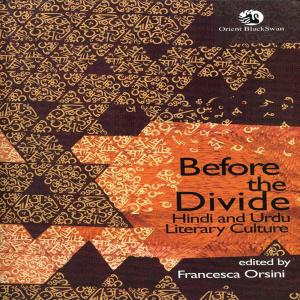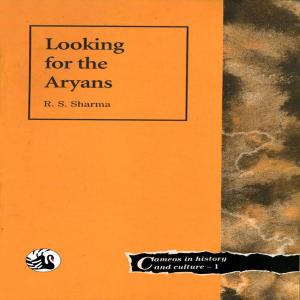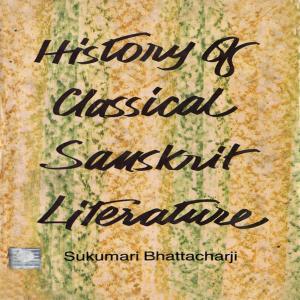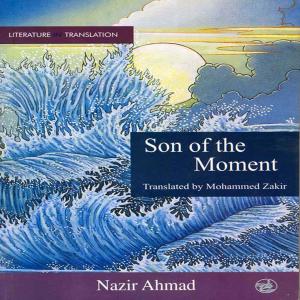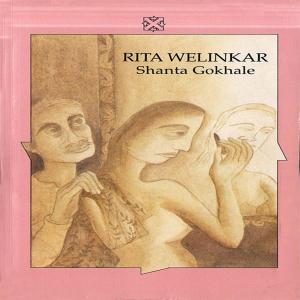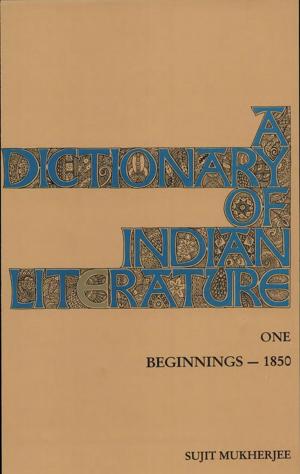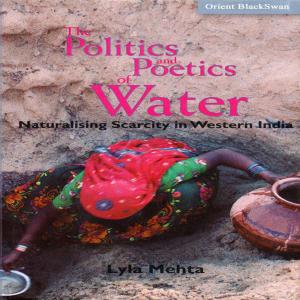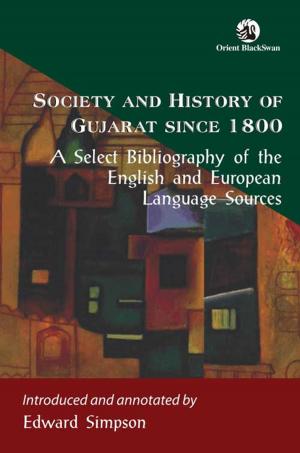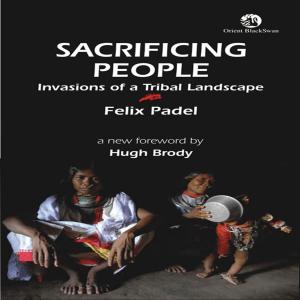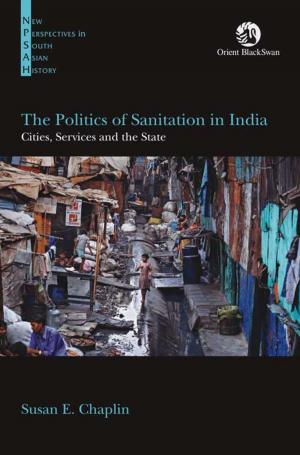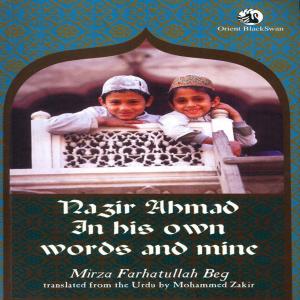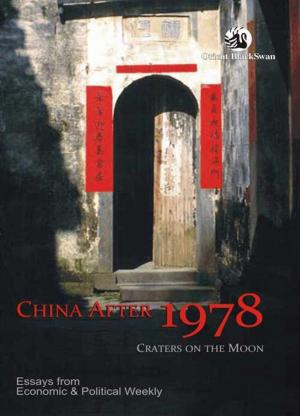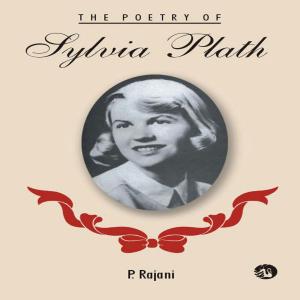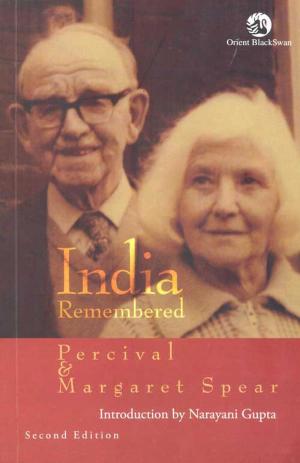| Author: | Rosinka Chaudhuri | ISBN: | 9788125059295 |
| Publisher: | Orient Blackswan Private Limited | Publication: | December 15, 2009 |
| Imprint: | Language: | English |
| Author: | Rosinka Chaudhuri |
| ISBN: | 9788125059295 |
| Publisher: | Orient Blackswan Private Limited |
| Publication: | December 15, 2009 |
| Imprint: | |
| Language: | English |
Freedom and Beef Steaks explores path-breaking debates to do with the literary, with identity, and with cultural authenticity in nineteenth-century Calcutta--- debates arising from the flux of creative and critical work in that period. The seven essays collected in this book range across a diverse field of interests that have been, so far, under-researched. Crucial to our understanding of the making of modern Indian culture in a particular location, these are issues that uncover the complexity of the postcolonial field and further extend its scope.A humorous poem written by Henry Meredith Parker (17961868) about the newly educated youth of Calcutta is used to frame debates for and against meat-eating as the issue played itself out against the backdrop of a developing Indian nationalism. A closer look at the political poetry written by a radical iconoclast such as Derozio reveals the communal stereotyping of the ‘Muslim’ as Other—representations in keeping with British historiographical orthodoxies of the time. Scrutinising early letters written to the Calcutta Journal in 1819 about the community’s thoughts on naming and defining itself, Rosinka Chaudhuri also deals with the early history of the Anglo-Indians.There are chapters in this book that range from an analysis of recurrent problems in modernist readings of the poems of both Milton and Bengal’s greatest nineteenth-century poet, Madhusudan Datta, to the changing modes of everyday cultural experience in the city as experienced in the shifting representations of the drawing rooms of colonial and postcolonial Bengal. Finally, in an important chapter on certain subalternist historians‘ (mis)readings of Tagore, the author investigates the place of the relation of history and literature in history-writing today.Situated in a modernity that was both radical and traditional in texture and forms of play, the texts examined in these essays challenge received ideas of historicity through their own particularity. This volume will be of interest to students and scholars of literature, cultural studies and postcolonial studies.
Freedom and Beef Steaks explores path-breaking debates to do with the literary, with identity, and with cultural authenticity in nineteenth-century Calcutta--- debates arising from the flux of creative and critical work in that period. The seven essays collected in this book range across a diverse field of interests that have been, so far, under-researched. Crucial to our understanding of the making of modern Indian culture in a particular location, these are issues that uncover the complexity of the postcolonial field and further extend its scope.A humorous poem written by Henry Meredith Parker (17961868) about the newly educated youth of Calcutta is used to frame debates for and against meat-eating as the issue played itself out against the backdrop of a developing Indian nationalism. A closer look at the political poetry written by a radical iconoclast such as Derozio reveals the communal stereotyping of the ‘Muslim’ as Other—representations in keeping with British historiographical orthodoxies of the time. Scrutinising early letters written to the Calcutta Journal in 1819 about the community’s thoughts on naming and defining itself, Rosinka Chaudhuri also deals with the early history of the Anglo-Indians.There are chapters in this book that range from an analysis of recurrent problems in modernist readings of the poems of both Milton and Bengal’s greatest nineteenth-century poet, Madhusudan Datta, to the changing modes of everyday cultural experience in the city as experienced in the shifting representations of the drawing rooms of colonial and postcolonial Bengal. Finally, in an important chapter on certain subalternist historians‘ (mis)readings of Tagore, the author investigates the place of the relation of history and literature in history-writing today.Situated in a modernity that was both radical and traditional in texture and forms of play, the texts examined in these essays challenge received ideas of historicity through their own particularity. This volume will be of interest to students and scholars of literature, cultural studies and postcolonial studies.

